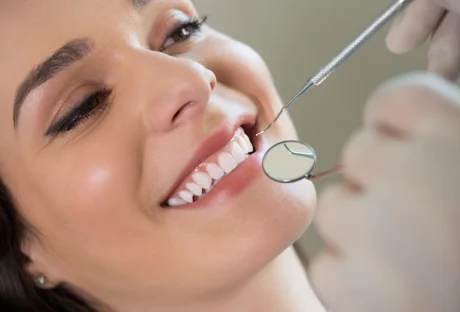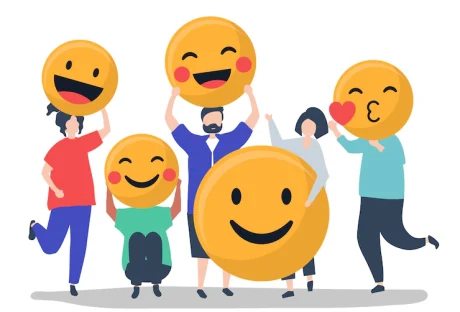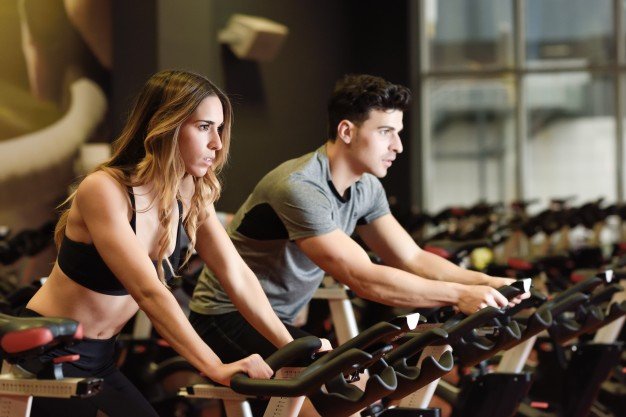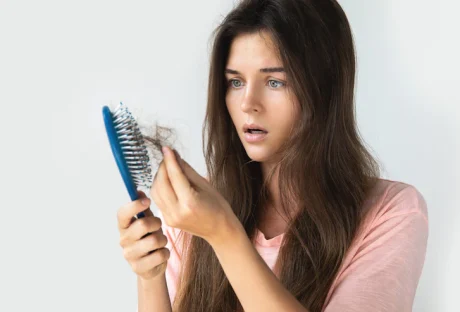If someone has ever called you neurotic and you were unsure what they meant by it, this is a topic that you may want to know more about. This article will cover what the word neuroticism means and how to determine if this is present in you or someone you care about.
Neuroticism

The term neuroticism, or being neurotic, generally means that you have the worry that doesn’t go away. It changes how you think, where you aren’t comfortable, and may act in an irrational manner.
In some cases, a person may simply exhibit neurotic behavior, but in other instances, it may be due to a mental illness. Neuroticism can be related to a number of mental conditions, including anxiety disorders. Here are some symptoms to take note of.
- Inability to handle even small amounts of stress
- Being unsure of yourself
- Often anxious
- Pessimistic
- Having little control over emotions
- Constant worrying
- Feeling overwhelmed most of the time
- Feeling low
- Experiencing guilt about small issues
If you or someone you know is experiencing these symptoms, they may need to work with a therapist for mental health support. Neuroticism tends to interfere with all major aspects of a person’s life, so they might need help when it comes to being able to do their jobs, get through their routines, and when it comes to relationships.
You can find out more about neuroticism here: https://www.betterhelp.com/advice/neuroticism. There is plenty of advice to read about on this page.
Treatments
One of the most comprehensive treatments when it comes to overcoming the symptoms related to neuroticism is working with a therapist.
A professional will not only be a person for you to talk to about what you are experiencing, but they can also work with you on changing how you approach situations, altering your way of thinking, and lessening some of the symptoms you are experiencing. Make sure you are honest with your therapist, so they will be able to help you in the most effective way possible.
If you aren’t ready to talk to a therapist, start with your friends and loved ones. Tell them about the things you worry about and what you feel like. They may be able to offer advice on what you can do or tell you what they have done in a previous situation. Moreover, they might be able to understand your point of view better, where they won’t think you are just acting in a way that they don’t understand.
Other Things to Try
There are a few other tips to try at home, to see if they have an effect on your neuroticism.
- Get some sleep. You should do your best to get between 7 to 9 hours of sleep each night. With this amount of sleep, you will be better able to regulate your moods and make decisions.
- Limit caffeine. Something else to think about is limiting the amount of caffeine that you drink every day. It is important to remember that caffeine affects everyone differently, so you may need to be careful about how much you are ingesting. Try to drink fewer cups of coffee a day and stay away from it at nighttime. Consider a similar approach to alcohol.
- Exercise. Exercising might be able to lessen some of your neurotic tendencies as well since it can help you burn off excess stress and limit anxiety. Shoot for working out 5 days a week for 30 minutes. If you can’t exercise that frequently, start with 3 days, and increase the amount as you gain endurance.
- Eat better. Your diet is also an aspect that may need to change. When you are eating a diet with fruits, vegetables, lean meats, and healthy grains, this may be more beneficial than meals that are less nutritious. Eating a diet that is balanced can ensure that you have the calories you need to get through your day.
Conclusion
If you want to know what being neurotic is, it involves experiencing stress and anxiety that is hard to turn off or limit. You may need to meet with a therapist to work on symptoms related to neuroticism, and you can also consider other aspects of your life as well. Improve your sleeping habits, diet, and the amount you exercise. All of these things together may help you limit the neurotic thoughts that you experience.
Read Also:























